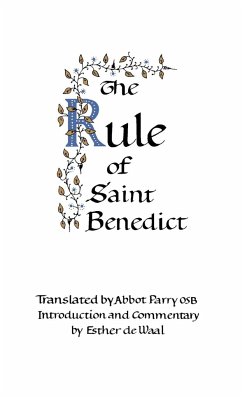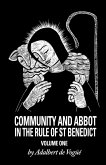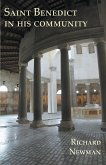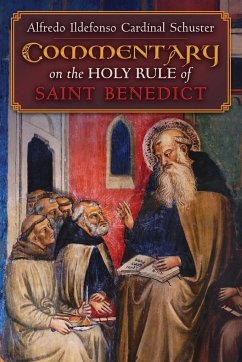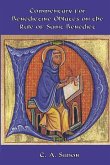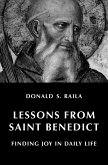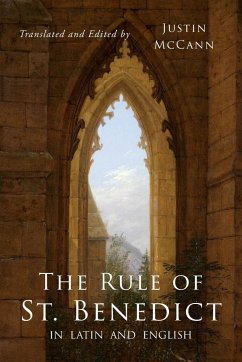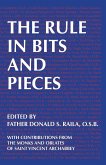Written some fifteen centuries ago, The Rule of St Benedict is still read and studied by thousands of men and women throughout the world. In recent years more and more lay people have turned to the Rule, and have found within its pages a deep and practical spirituality which is helpful to them in coping with the problems and challenges they meet in their everyday lives. This edition of the classic Parry translation of the Rule has been prepared for a general audience and comes complete with an introduction by Esther de Waal which offers a commentary both on the underlying themes of the Rule and on the contents of specific chapters. We come face to face with St Benedict himself and appreciate anew the magnificent combination of spirituality and practicality that make the Rule a uniquely valuable source book for us today. Abbot Parry OSB was for many years the Abbot of St Augustine's Abbey Ramsgate, and the author of Households of God, which included both his translation of the Rule and an invaluable commentary. Esther de Waal is the author of a number of books, including Living with Contradiction and Seeking God, which explore the spirituality of the Rule of St Benedict and of the Benedictine life itself.
Hinweis: Dieser Artikel kann nur an eine deutsche Lieferadresse ausgeliefert werden.
Hinweis: Dieser Artikel kann nur an eine deutsche Lieferadresse ausgeliefert werden.

